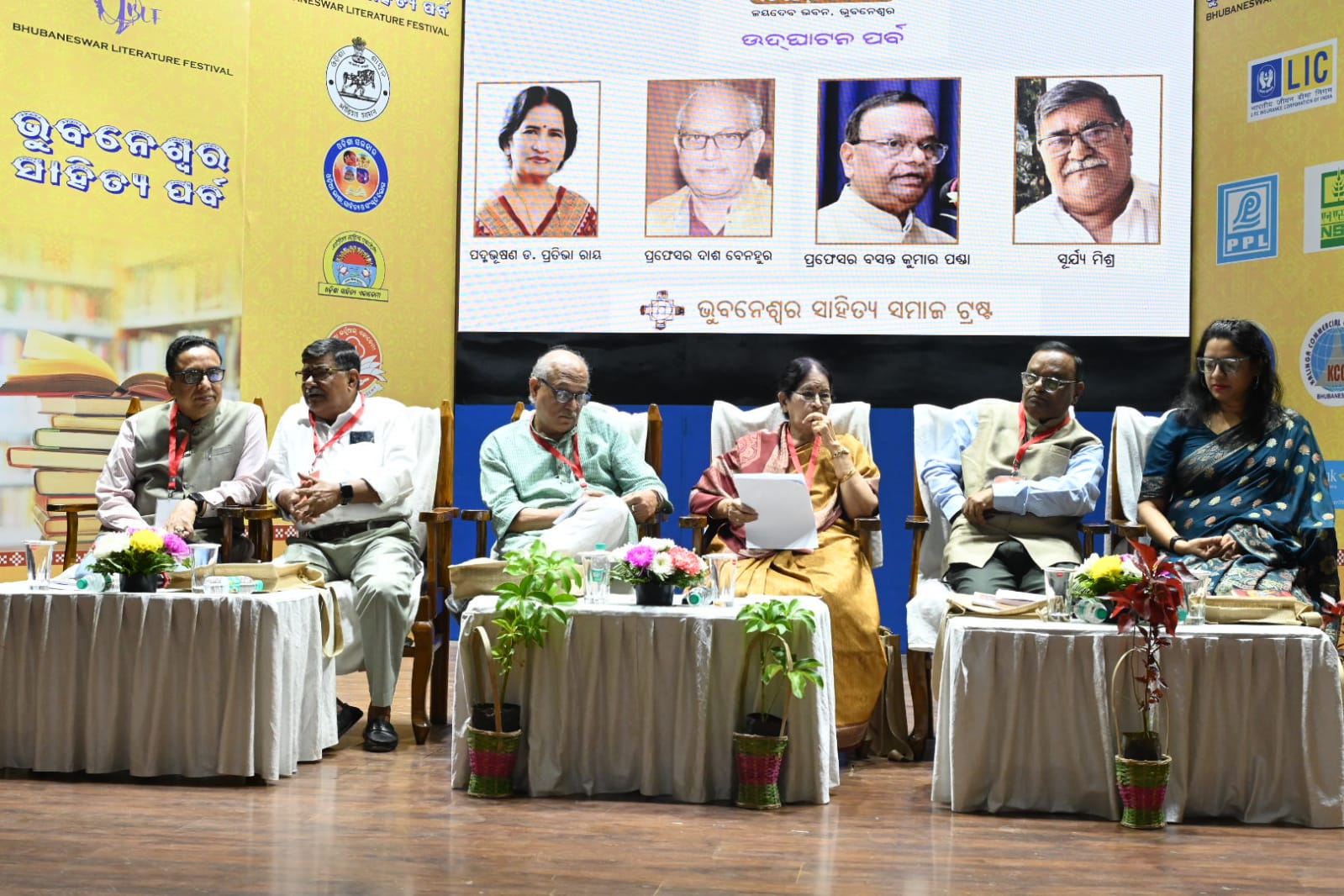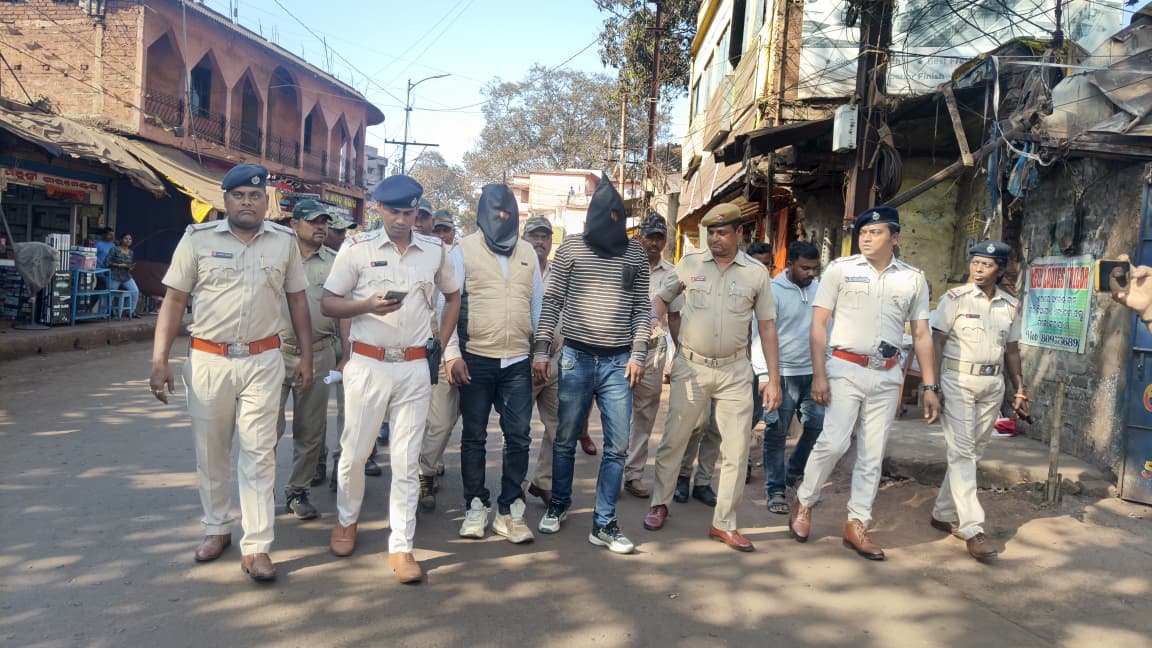Donald Rumsfeld (1932-2021). The day after the 9/11 attack in New York, Rumsfeld, who was then Defence Secretary, prepared a note for President George W. Bush advocating the removal of President Saddam Hussein, although he was fully aware that Iraq had nothing to do with the attack.
Donald Rumsfeld, one of the main proponents of the United States-led wars of intervention in Afghanistan and Iraq, died in his sleep on June 29 at the age of 88. Rumsfeld, well-known for his right-wing views, also played a role in the earlier wars the U.S. had waged or supported in different parts of the world. He was a leading figure in the neo-conservative (neo-con) movement and its Project for the New American Century (PNAC) along with Dick Cheney, John Bolton, Elliot Abrams and Paul Wolfowitz. All of them played prominent roles in the wars the U.S. waged in the last four decades.
The PNAC had lobbied strongly for the invasion of Iraq much before the events of September 11, 2001, which shook the U.S. and the world. The day after the twin towers in New York went down and parts of the Pentagon were destroyed, Rumsfeld, then serving as Defence Secretary, prepared a note for President George W. Bush advocating the removal of Iraqi President Saddam Hussein, although he was fully aware that Iraq had nothing to do with the 9/11 terror attacks. Till the end, Rumsfeld had no words of remorse for the deaths of countless civilians killed in the wars in Iraq and Afghanistan. He had a major role in the planning and the execution of the brutal war in Afghanistan. Civilian population centres were targeted during the invasion. Asked about civilian casualties in Afghanistan after the U.S. invasion, Rumsfeld said: “We don’t do body counts”. Rumsfeld did not raise any concerns when it was brought to his notice that the U.S. forces were using banned weapons such as cluster bombs.
Many commentators, including U.S. ones, have not hesitated to describe Rumsfeld as a “war criminal” who, unlike many of the U.S’ enemies who were accused of war crimes, had the privilege of living a long life and dying at home. Former President of Serbia Slobodan Milosevic died in jail; while Saddam Hussein was hanged when Iraq was under U.S. military occupation. Spencer Ackerman, the national security editor of TheDailyBeast , wrote: “The only thing tragic about the death of Donald Rumsfeld is that it did not occur in an Iraqi prison.” When questioned about the veracity of claims that Iraq had “weapons of mass destruction” and that Saddam Hussein had a role in the planning of the 9/11 attacks, Rumsfeld came up with this classic evasive response: “As we know, there are known knowns; there are things we know we know. We also know that there are known unknowns; that is to say that there are some things we do not know. But there are also unknown unknowns—the ones we don’t know we don’t know.
sourcr frontline the hindu.












Leave a Reply